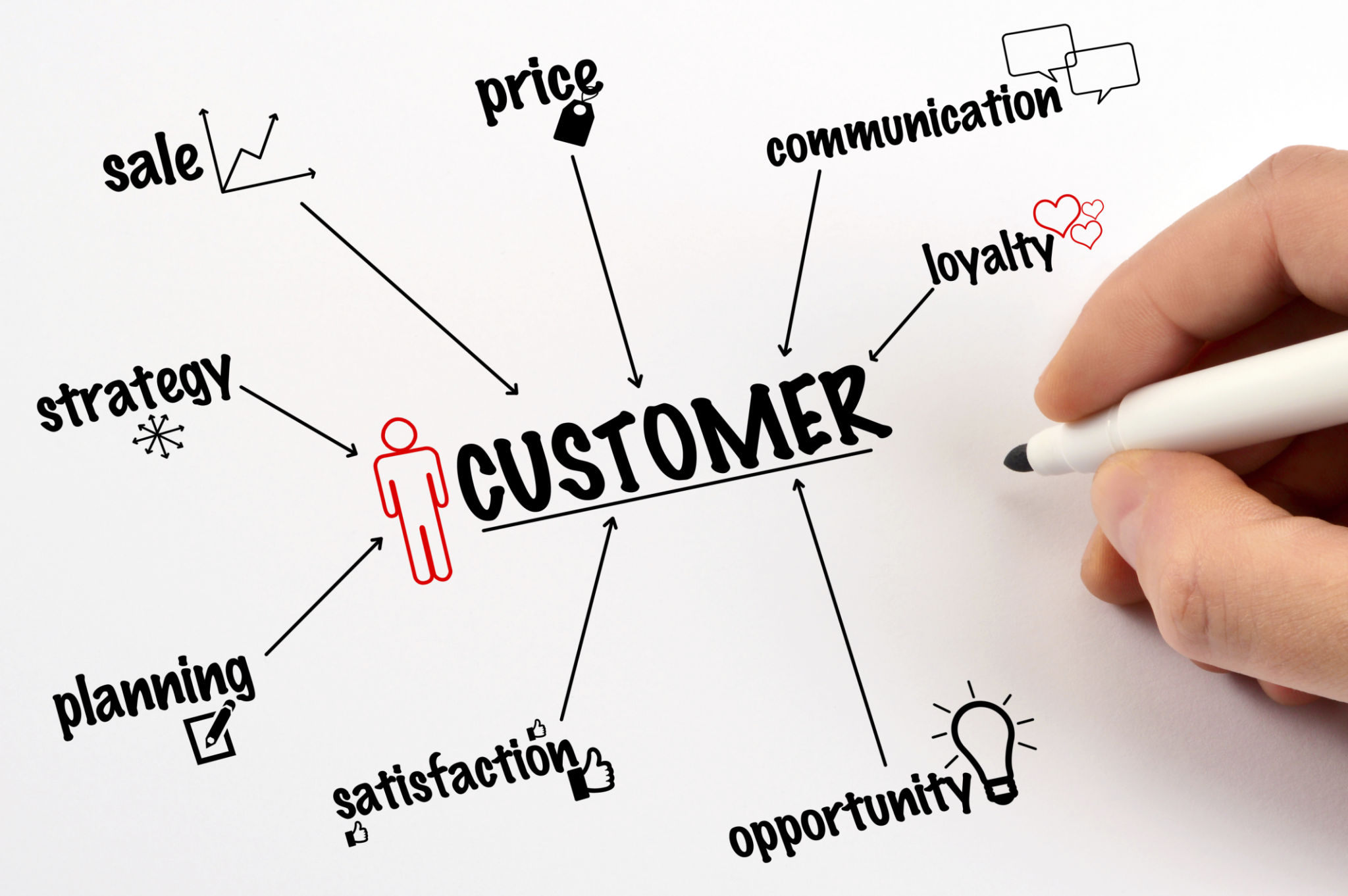How to Achieve Sustainable Growth: A Guide for Small Businesses
Understanding Sustainable Growth
For small businesses aiming for long-term success, sustainable growth is not just a buzzword but a vital strategy. It involves expanding your business in a way that is conscious of economic, environmental, and social impacts. Achieving this balance ensures that your business can thrive without compromising future potential.
Small businesses often face challenges, including limited resources and fierce competition. However, by adopting sustainable practices, they can carve out a unique niche in their industry and attract a loyal customer base that values ethical and responsible business practices.

Setting Clear Goals
A crucial step towards sustainable growth is setting clear, achievable goals. This involves understanding your current market position and identifying areas for improvement. Consider both short-term objectives and long-term aspirations to create a roadmap for your business.
When setting these goals, it is important to ensure they are specific, measurable, achievable, relevant, and time-bound (SMART). This approach not only provides direction but also helps in tracking progress, making adjustments as necessary.
Focus on Customer Retention
While acquiring new customers is essential, retaining existing ones is equally important for sustainable growth. Loyal customers are more likely to make repeat purchases and recommend your business to others. Implementing strategies such as loyalty programs, personalized services, and excellent customer support can significantly improve retention rates.
Listening to customer feedback and making necessary adjustments can also enhance satisfaction. Engaging with customers through social media and other platforms allows you to build a community around your brand.

Embracing Innovation
Innovation is a key driver of sustainable growth. Small businesses should continuously look for ways to improve their products or services and streamline operations. This might involve adopting new technologies, exploring different marketing strategies, or developing unique value propositions.
Encouraging a culture of creativity within your team can lead to innovative solutions that set your business apart from competitors. Additionally, staying informed about industry trends and advancements can help you anticipate changes and adapt accordingly.
Efficient Resource Management
Sustainable growth requires efficient management of resources. This includes financial resources, human capital, and environmental considerations. Budgeting wisely and investing in areas that promise the highest returns can maximize financial resources.
From an environmental perspective, adopting eco-friendly practices such as reducing waste, conserving energy, and sourcing sustainable materials can not only reduce costs but also enhance your brand's reputation as a responsible business.

Building Strategic Partnerships
Collaborating with other businesses or organizations can provide access to new markets, resources, and expertise. Strategic partnerships allow small businesses to leverage each other's strengths and achieve mutual growth objectives.
Whether through joint ventures, affiliate programs, or supply chain collaborations, partnerships can be a powerful tool for scaling operations while maintaining sustainability. It's essential to choose partners whose values align with yours to ensure a harmonious collaboration.
In conclusion, achieving sustainable growth for small businesses involves a thoughtful balance of strategic planning, innovation, resource management, and customer focus. By embedding sustainability into the core of your business model, you can not only thrive in the present but also secure a prosperous future.
